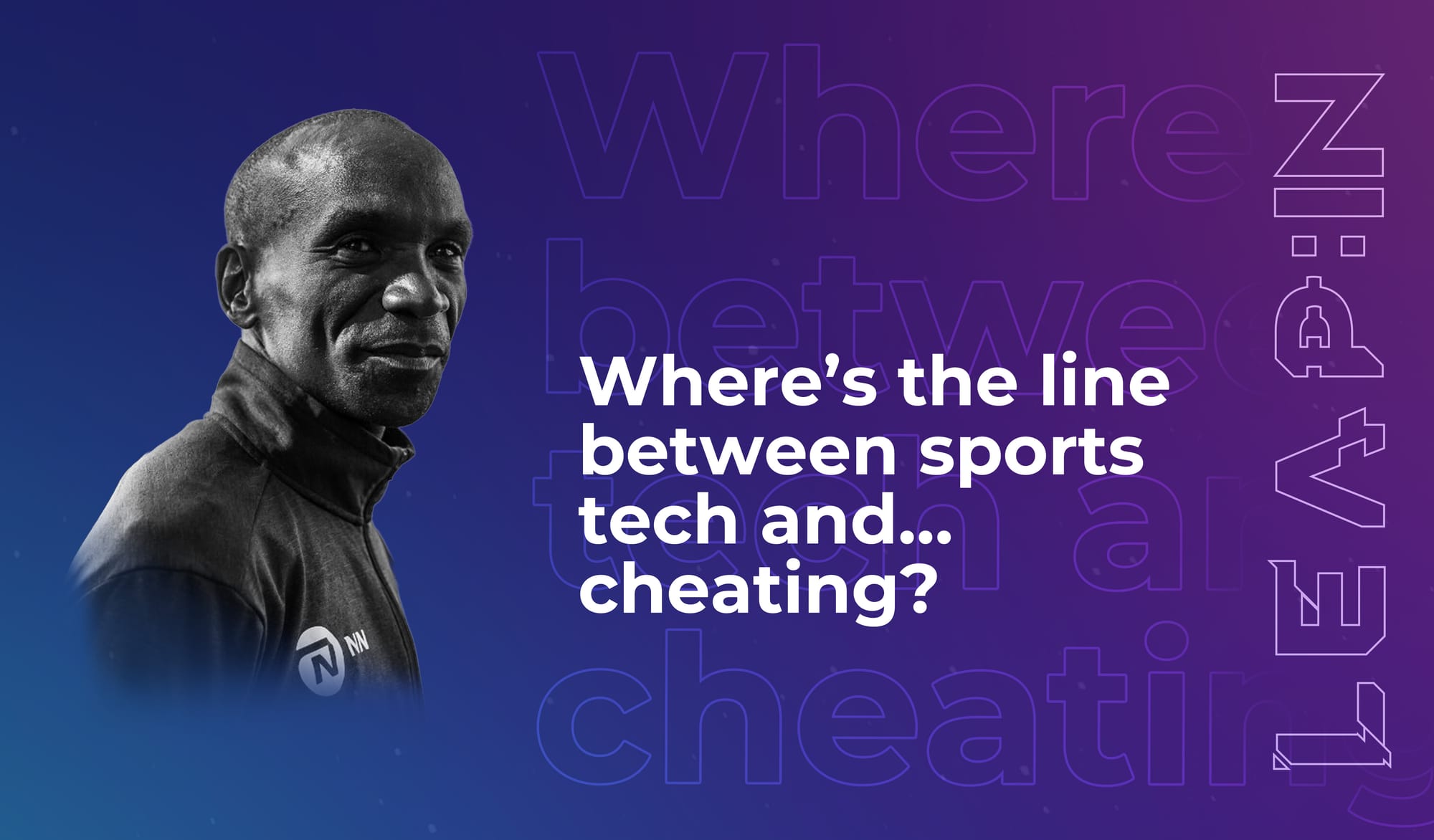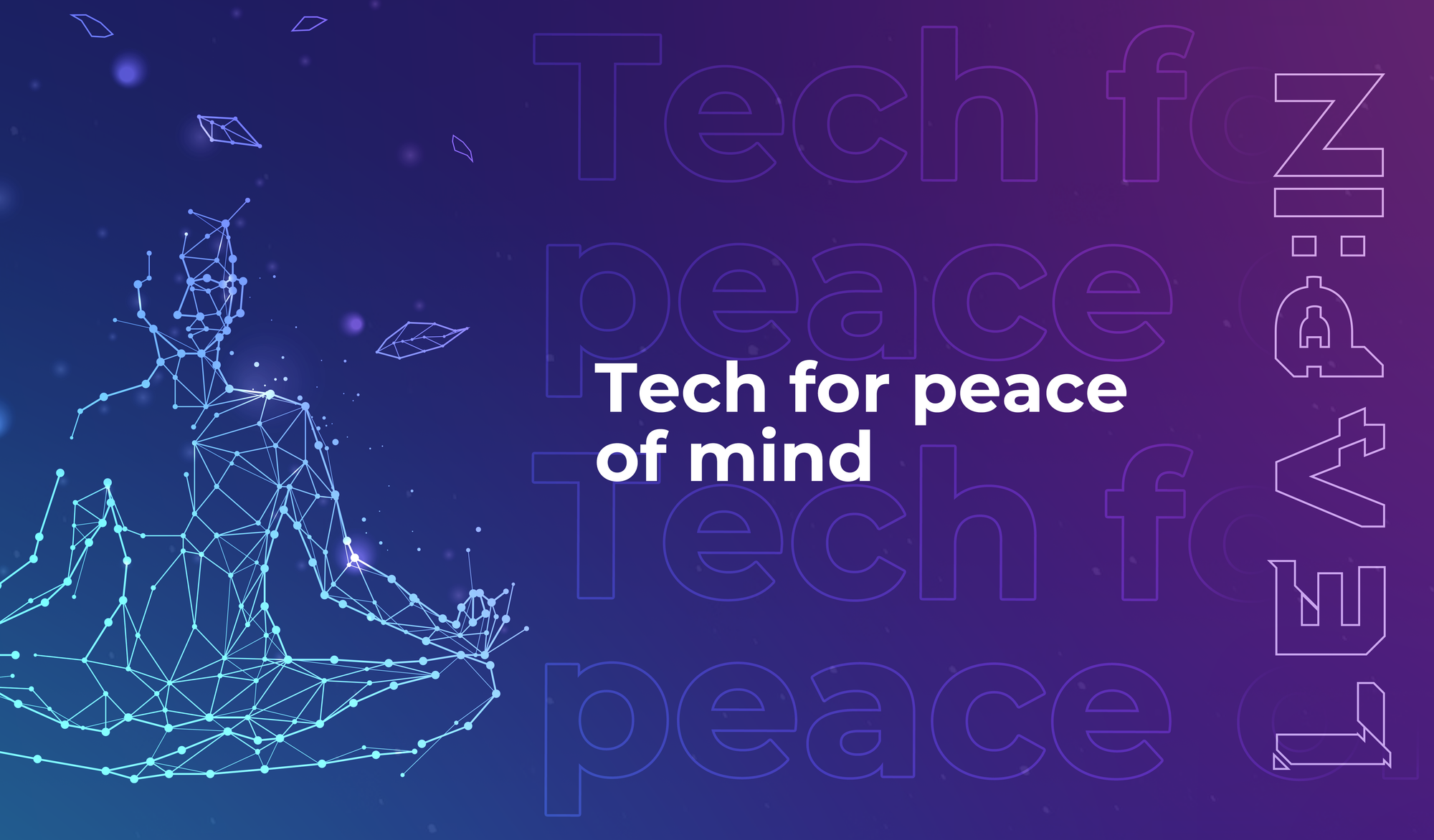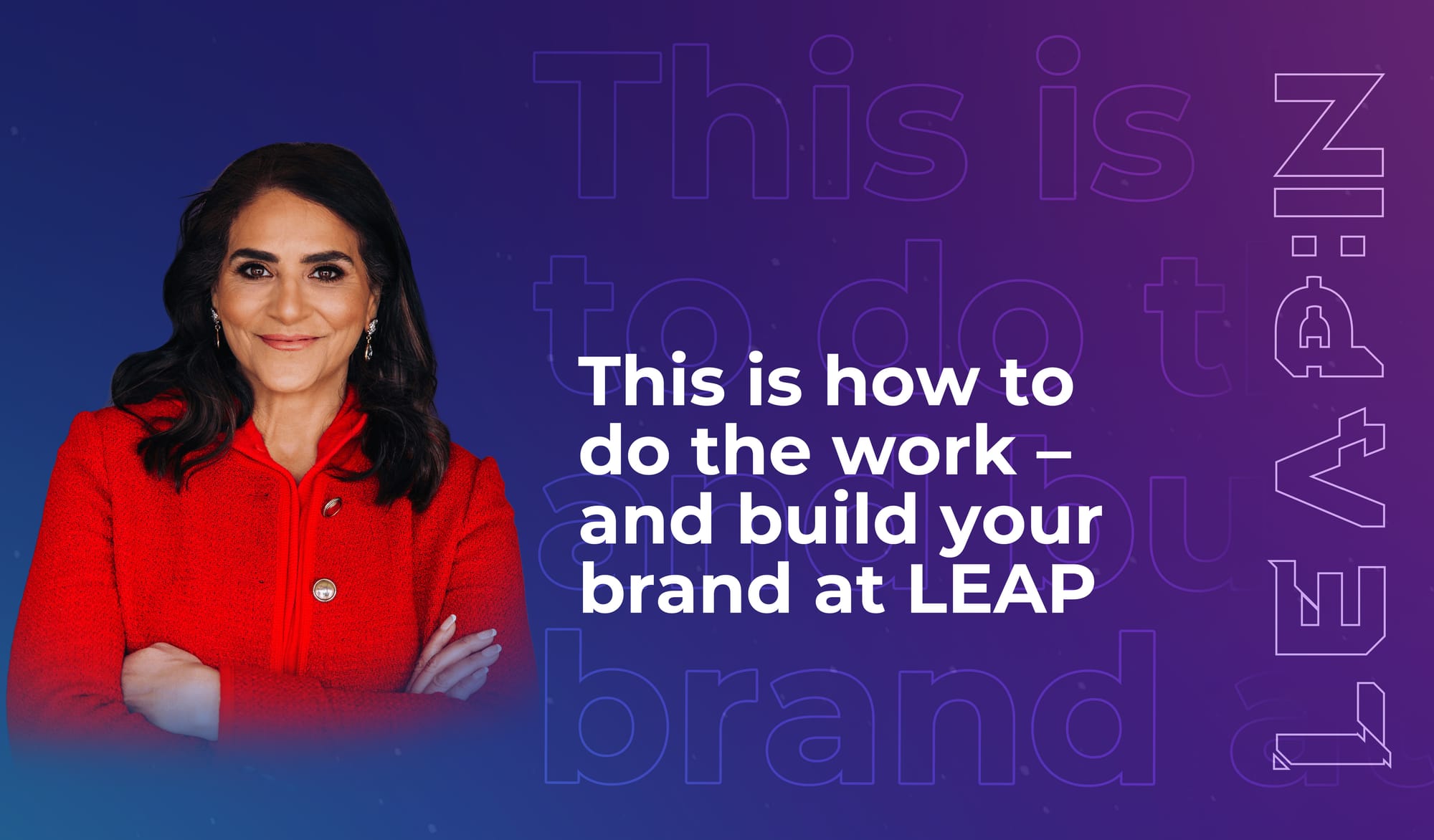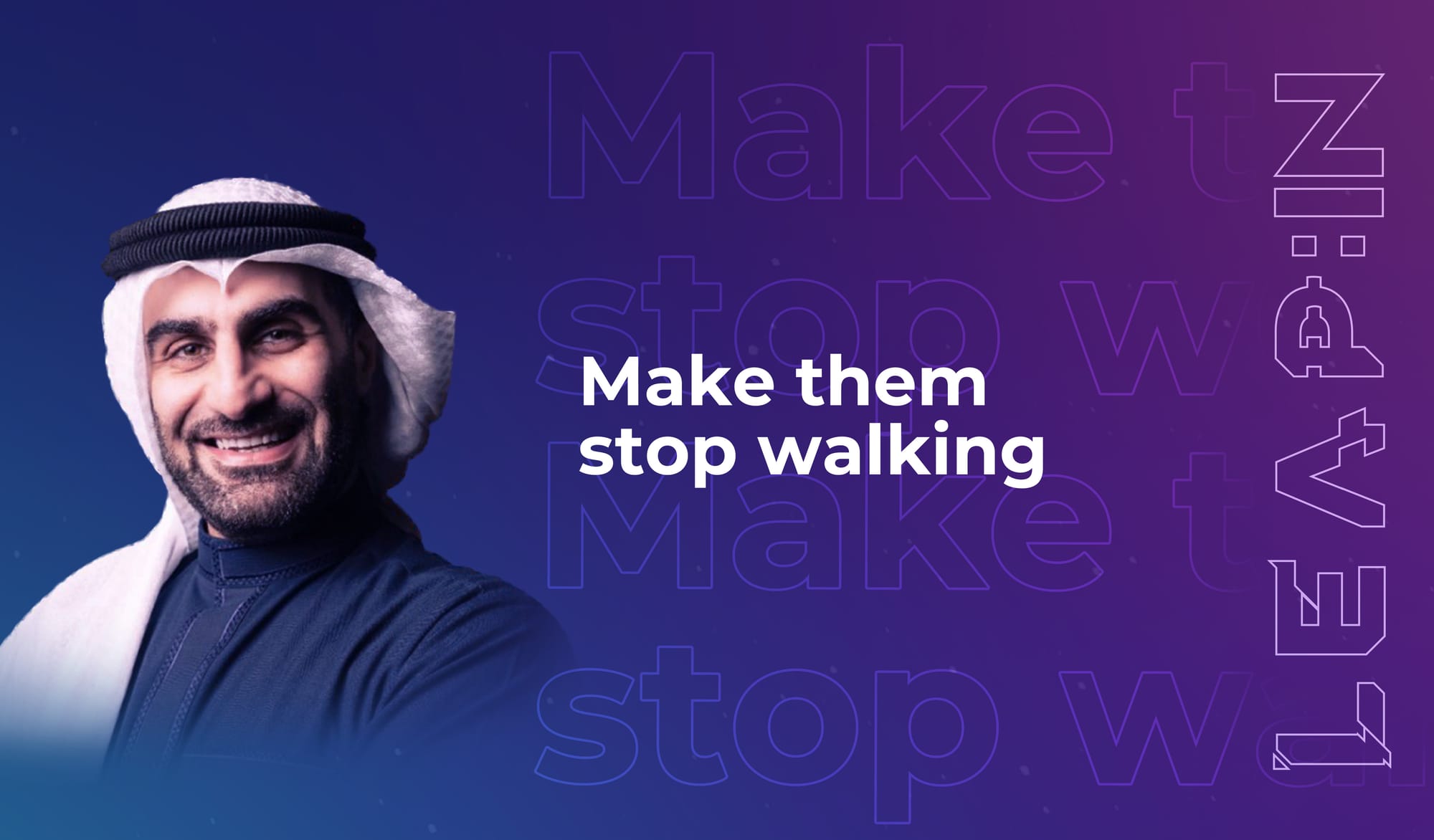

Tech for peace of mind

Welcome to the 64 new techies who have joined us. If you haven’t already, subscribe and join our community in receiving weekly tech insights, updates, and interviews with industry experts straight to your inbox.
Your weekly delivery of insights, inspiration, and exclusive interviews from the global LEAP community.
This week we’re quoting…
Thierry Henry (Football Legend and Tech Investor)
What Henry said:
“Just talk. Open up. Talk to people, let them know, share. If you keep stuff for yourself it’s not going to end well.”
Why was Thierry Henry talking about…talking?
He was on stage at LEAP 2023, sharing the reasons behind his decision to quit social media and speak up against online hate.
Because he was seeing firsthand how young footballers were being harmed by hate speech – and he recognised that this problem stretched far beyond the football community.
Mental health issues affect all of us. And tech doesn’t always help. Endless notifications, the pressure to always be ‘on’; our increasingly digital lives can take a toll. We wrote about the rise in online bullying on the blog this week; but we’re not in the habit of focusing on problems without also talking about solutions.
So we’re in your inbox today to talk about the good news: tech products, services and communities are emerging to help us cope with the weight of modern life and connect with others in more meaningful ways.
From mindfulness apps to AI companions
More than 2,500 meditation apps have launched since 2015; from Calm to Headspace to Insight Timer, and many lesser-own options. They’re still helping millions of users create moments of peace in their day; but now we’re seeing a new wave of smarter, more responsive tools designed to meet people where they are.
Woebot is a great example of this. It’s an AI-powered chatbot therapist, built to use cognitive behavioural therapy (CBT) techniques in its interactions with users. It helps people identify patterns, process emotions, and develop healthier habits – not claiming to replace human therapists, but existing as a convenient way to take a moment and reset whenever needed.
And UK-based mental health wearable Moodbeam is also offering a novel way to track and share feelings. With the press of a button, the device lets users log their emotional state so they can record their mood changes over time and reflect on the patterns that might be revealed.
They can also share these insights with trusted contacts; maybe a therapist, or even a manager at work, to open up conversations about mental health that might otherwise never happen.
Social platforms designed to support people
Mainstream social media platforms are being challenged for their approach to moderation and safety; but alongside them, a sub-segment of social platforms are emerging with mental wellbeing built into their core.
Take Lyf App, for example; a social platform where people can share their struggles anonymously, and receive compassionate support from others who’ve been through similar experiences. The idea is to take away any performative aspect of social media and create a space designed specifically for honest human connection – with no filters, no likes, and no followers.
Or Wisdo, an award-winning peer support platform that uses AI tech to provide tailored connections between people, based on shared lived experiences. Users are connected with ‘guides’ – other users who have been through similar challenges – and engage in supportive, purposeful sharing and conversations in moderated peer groups.

Speaking out and logging off
This shift in how we use technology isn’t just coming from the tech world. It’s also being shaped by the voices of those who’ve taken a stand against the dangers of digital communication.
Thierry Henry made headlines when he quit social media in March 2021. At the time, he posted on X:
“The sheer volume of racism, bullying and resulting mental torture to individuals is too toxic to ignore.”
And at LEAP, he told us more about why he took this move – and made it public.
“I was sitting at home and things were happening with the English players getting abused. [But it’s] not only athletes, people get abused regularly,” he said. “I was like, what can I do? In my mind I can do very little; am I in a position to change the rules of social media? Am I in parliament? I’m not, so what can I do to make an impact?”
By removing himself from platforms that were complicit in harm, Henry hoped to spark change through the power of open conversation.
“Maybe people are going to ask questions,” he thought, “ask me questions, and talk about it – raise a point and make people aware that this shouldn’t be happening.”
His advice is simple and powerful:
“I say it’s simple, but it took me 40 years to talk about my emotions, about my problems. Because I thought I would be seen as soft because I cry or because I hurt or because of whatever it is. Just talk. Open up. Talk to people, let them know, share. If you keep stuff for yourself it’s not going to end well. That’s the best advice I can give.”
Building tech that helps us look out for each other
Tech developers are recognising the need for digital experiences that promote better mental wellbeing. In time, we hope to see that wellbeing platforms don’t have to be siloed from the mainstream tools that everyone uses. Because in an ideal world, wellbeing will be integrated into everyday tech experiences – instead of being an addition that users have to seek from mental health-specific platforms.
We’re seeing signs that this can happen. Digital wellbeing is becoming a standard part of product development for major industry players; with features like screen time reporting and focus modes putting the power back in people’s hands, and helping them take control of how and when they’re tapped into tech.
No app or device can replace human empathy. The right tools can help; but to truly build a positive digital world, the most powerful changes still come from open conversations and small shifts in how we treat ourselves and each other.
So, as Henry said, just talk. Don’t go through it all alone.
We’ll see you back here in your inbox next week.
Have an idea for a topic you'd like us to cover? We're eager to hear it. Drop us a message and share your thoughts.
Catch you next week,
The LEAP Team





